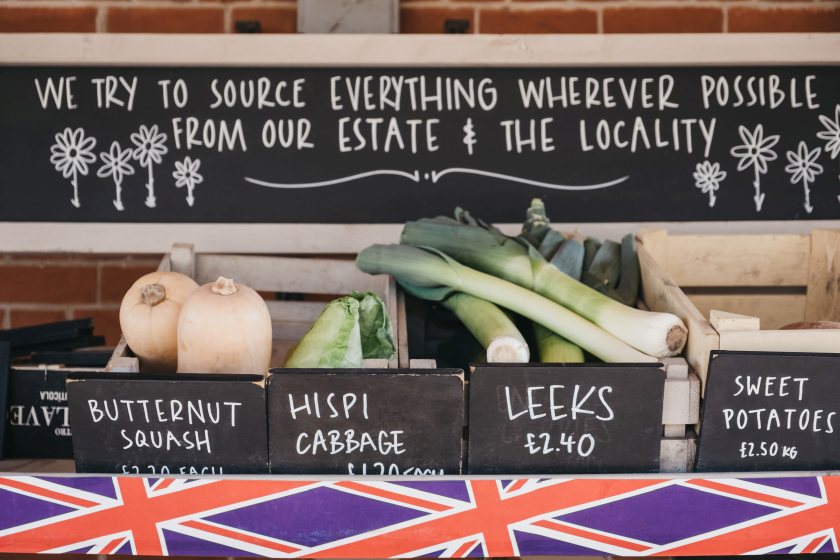
Most government departments and councils are failing to prioritise British food in public sector catering, despite Labour’s pledge to back local produce, a new report has revealed.
The study, published by the Countryside Alliance, found that just one out of 19 central government departments has a clear policy of deliberately sourcing British food.
Another, the Department of Health and Social Care, confirmed that 72% of its food was UK-sourced in 2023–24. The Ministry of Defence admitted it held no data at all on the origins of the meat served to service personnel.
The findings, drawn from more than 200 Freedom of Information requests, suggest a major gap between government promises and reality.
The Labour manifesto pledged that half of all food bought across the public sector would be local or certified to higher environmental standards — a commitment repeated after the backlash to the so-called 'family farm tax'.
Yet according to the Countryside Alliance, without robust policies, proper monitoring and leadership from the top, the target is unlikely to be met.
David Bean, the alliance’s parliament relations manager and author of the report, said the government’s food pledge was one of the most appealing aspects of Labour’s manifesto for people in the countryside.
However, he warned the findings showed it would be extremely difficult to deliver without far stronger action from public bodies.
“The Labour government has pledged that half of food purchased across the public sector will be locally produced or certified to higher environmental standards," Bean said.
"For rural Britain, this was one of the most attractive parts of its manifesto at the last election. Our report raises serious questions about whether that target can be met.”
According to Bean, only one out of 19 central government departments admitted to having a policy of deliberately buying British food, while just one other department was able to state how much of its supply was from the UK.
He said: “The vast majority of councils also had no policies, and no idea where their food was produced. The MoD had no data on where the meat fed to armed forces personnel is sourced from either.”
He added that failing to monitor where food comes from makes it impossible to measure progress: “Meeting 50% will require robust policies, proper monitoring, and clear leadership from the top.
"We urge Ministers to strengthen the Government Buying Standards and learn from Scotland and Wales, where many councils have benefitted from procurement frameworks that prioritise local and sustainable sourcing. There is no reason why the same cannot be done in England too.”
Bean concluded that in the face of economic challenges and other government policies putting pressure on farmers, “British farmers deserve more than warm words - they need a public sector that takes meaningful, measurable action to stand on their side.”
The Countryside Alliance's report also found that just 12% of councils could provide figures on how much of their food was British.
Scotland and Wales were singled out as stronger performers thanks to frameworks such as Scotland Excel and the Welsh Public Sector Collaborative Food Group, which give preference to local and sustainable suppliers.
The report urges English councils to follow suit by adopting its pro-farming local food motion, highlighting the wider economic, environmental and cultural benefits of shorter supply chains.
Suffolk, Cornwall and Rutland are among the councils that have already passed supportive motions.
